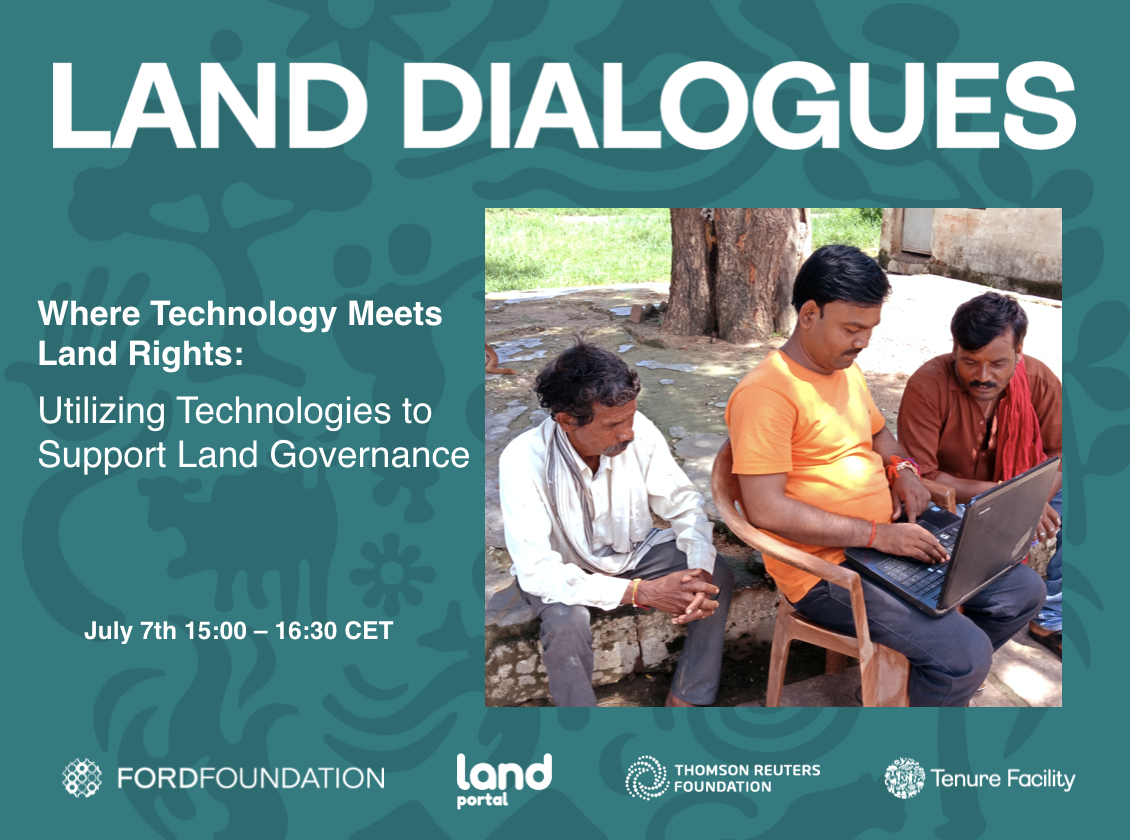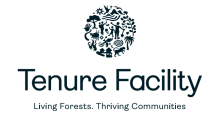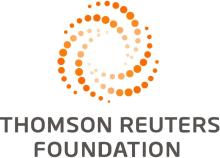As people across the globe turn to information and communication technologies (ICT’s) in their everyday lives, Indigenous Peoples and local communities are also utilising innovative solutions. Increasingly, communities are integrating their traditional knowledge, skills and values with digital and satellite tools that support them in their efforts to secure their ancestral territories.
While the use of digital tools has the potential to contribute to improving land governance, there are also considerable risks. A 2020 study from FIAN shows that, despite promises to fix unjust land governance, digital technologies can further land grabbing and inequality. Although land is recognized as a human right and is essential for the lives of rural people, digitization projects are often implemented with no human rights safeguards. As many discuss “Tech for Good”, this research has revealed how digital technologies have in fact become new tools for land grabs and sources of profit. In short, one of the persistent criticisms of using digitalization in this sphere is that digitising land rights can reproduce, consolidate and even exacerbate existing forms of exclusion and marginalisation and is not grounded in a human rights approach.
This webinar discussed the implications of technologies for land rights, including the potential benefits and drawbacks. The webinar considered whether technology and data sharing a viable and practical Indigenous communities to defend their land rights.
Speakers
-
Anastasia Moloney (Moderator), Thomson Reuters Foundation, is based in Bogota and is TRF's Latin American and Caribbean correspondent. Prior to joining the Thomson Reuters Foundation in 2009, she was a freelance journalist covering the Andean region for the Financial Times and other British and U.S. media.
-
Frank Pichel, Co-Founder and Chief Programs Officer Cadasta, is a land administration specialist with experience designing, managing, and implementing land-related projects with a technology focus around the globe. He has worked both with the private sector in implementing programs while based in West Africa, as well as designing and managing programs as part of the Land Tenure and Property Rights Office for the US Agency for International Development (USAID).
-
Harold Liversage, Lead Land Tenure Technical Specialist International Fund for Agricultural Development, has over 30 years of experience in land and natural resource governance issues, mainly in Eastern and Southern Africa. In his current capacity he is responsible for assisting IFAD to better address land and natural resource tenure security issues in the projects and programmes it supports. This includes supporting IFAD’s engagement in regional and global initiatives such as the Africa Land Policy Initiative, the “Voluntary Guidelines for the Governance of Tenure” and the Global Donor Land Working Group.
- Elicio Quintero, COONAPIP Panama, is an organization representing the 12 leaders of the councils that represent the nation’s seven indigenous peoples—the Ngäbe, Kuna, Emberá, Buglé, Wounaan, Naso Tjerdi (Teribe), and Bri Bri groups. COONAPIP has a mandate from the 12 leaders to unite Indigenous people under one national agenda, and the legitimacy to present demands and proposals at the national and international levels.





